T-ICU, a Japanese startup that provides Tele-ICU consultation service, is now promoting Tele-ICU to developing countries under commission by JICA to address the urgent needs of the global COVID-19 crisis.Beyond Next Ventures (BNV), a venture capital (VC) company that invests in T-ICU, actively supports entrepreneurs aspiring to create a better society with high-technologies and innovative ideas.
A startup, a public institution and a VC - three different parties approaching the same global issues from each unique perspectives, came together to discuss the "real story" and the future potential of accelerating co-creation between Digital Partners (DPs) and JICA. (Updated Feb 2022)
Interview Participants
Tomoyuki Nakanishi
Medical Doctor (MD) and CEO of T-ICU Co., Ltd.
Before establishing T-ICU in 2016, he was working as a MD in the field of Cardiovascular Surgery, Anesthesiology for 15 years as well as the Director of the Emergency Department in a hospital in Japan. After being involved in community medicine, he became keenly aware of the needs for Tele-ICU and leads to spreads the service referring to advanced cases abroad in the United States today.
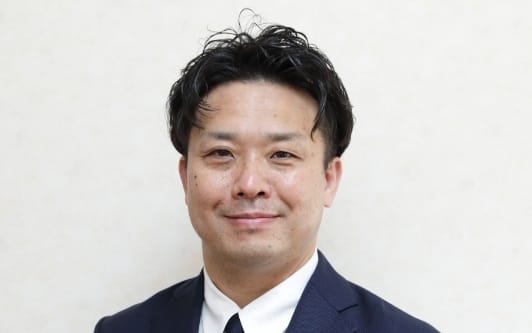
Dai Ogura
Director of T-ICU Co., Ltd.
After experiences as a legal and corporate planning executive for several companies , he joined T-ICU in May 2018 as the Director and COO. In collaboration with JICA, he has led operational work such as contracts.
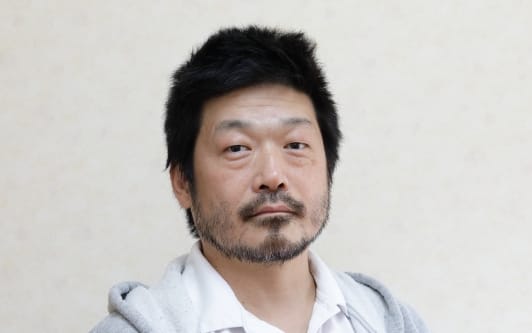
Yoshihiko Konoike
Medical Doctor, T-ICU Co., Ltd.
Intensivist/Pediatrician. He had worked as a pediatrician specializing in intensive care at several hospitals before joining T-ICU in 2020. Through the project with JICA, he faces and advises for medical professionals at ICU around the world as a project manager.
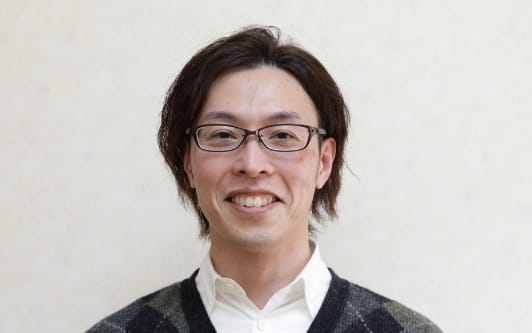
Tsuyoshi Ito
CEO of Beyond Next Ventures
Joined JAFCO in April 2003 and mainly leads the commercialization of many university-initiated technology seeds. In August 2014, he founded Beyond Next Ventures, an independent VC. As its president, he has been involved in supporting a number of technology startups in the medical and health fields to contribute solve major social issues.
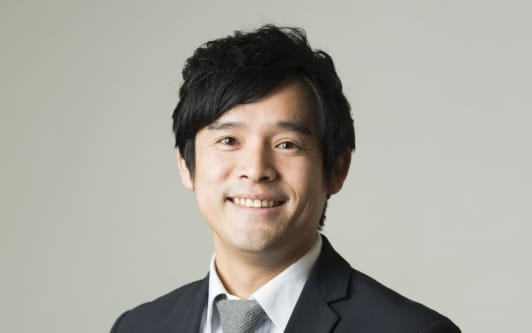
Aoba Niki
ICA Office for STI & DX,
Governance and Peacebuilding Department
She was in charge of project management for the "Project for Capacity Development of ICU Using Telemedicine under COVID-19 Pandemic
".
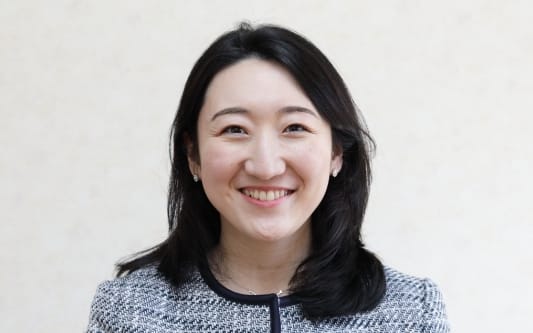
Carrying on the real-time medical support utilizing digital technology without physical visit under the COVID-19 Pandemic

[left] T-ICU Yoshihiko Konoike [right] T-ICU Tomoyuki Nakanishi
Tomoyuki Nakanishi
In co-creating project with JICA, it was an honor for us to contribute to save the lives of COVID-19 patients in approximately 10 countries utilizing our past experience.
Aoba Niki
Quick operation and wide-area coverage were necessary under COVID-19 Pandemic.
Under the circumstances, the project was designed remote-oriented, which was also very new and innovative challenge for us.
Despite travel restrictions, digital technology enabled us to continue the support. A lot of positive feedback from healthcare professionals around the world are heard.
Yoshihiko Konoike
It was my first time to take part in the international cooperation projects, so I was a bit nervous to communicate with counterparts using different languages and in the various medical care level.
However, my aspiration to help the patients was always beyond the fear.
I believe that it would have been difficult to achieve the success without cooperation.
Tomoyuki Nakanishi
It's important for startups to get on stage first. This project was a big step for our overseas expansion and our efforts to achieve SDGs. It was also good that JICA was responsible for intergovernmental negotiations. By forming a Joint Venture with a development consultant, we were able to focus on providing technology and services based on our expertise.
Tsuyoshi Ito
T-ICU is an innovative startup launched by clinically savvy physicians to offer services at affordable prices in the field of intensive care, where even in Japan specialists are scarce.
Public and private sector partnerships are spreading to major and medium-sized companies, but they have not yet spread to startups. That is why I think that the combination of T-ICU and JICA to expand the market is a wonderful example from a VC standpoint.
Aoba Niki
We, the STI & DX Office, are enhancing co-creation to solve development issues with DPs including startups. The best scenario is realizing a win-win-win situation by solving development issues among companies pioneering emerging markets, investors expecting the value promotion, and us enhancing the digitalization of JICA projects.
How was actually going?
The cultural gap between startups and government bureaucracy

BNV Tsuyoshi Ito
Aoba Niki
Actually, I changed my career from a digital unicorn to the public sector. I think that the cultural gap between us is not such small because a startup prioritizing quick decision making and visible growth.
So moving on a bit more deep dialogue, could you give us your honest opinion including the negative aspects on this co-creation?
Dai Ogura
I straightly think that bureaucratic paperwork is a burden. A lot of things have to be exact to collaborate with the public sector. Although, the medical eco-system in Japan is also still analogue and there is few opportunity to encounter information outside.
Tomoyuki Nakanishi
It is true that the operation of the public organization is slower than startups, however it can't be helped that the larger the organization, the less agility it will have. For example, we currently have about 30 people, and compared to when we were around 10, it's definitely different.
Also, this time, I was able to work with a development consulting company, but as an entrepreneur, I face the dilemma of not being able to make decisions on my own.
Tsuyoshi Ito
In JICA's program, since the field is in a developing country, we will need the help of development consultants who are familiar with the local situation.
While this scheme reduces work and risk on the part of the startup, it is true that one barrier may be that a single company cannot operate independently, and it is difficult to take on a project based on the startup's decisions alone. It would be ideal if JICA could inform the social issues in developing countries widely and accelerate the matching mechanism where startups can work together to solve them.
Aoba Niki
Developing countries have the potential to show leapfrog development due to their fewer social or market regulations. And this can be applicable for the case of telemedicine. In response to everyone's comments, I felt that it is important to make flexible rules that allow us to collaborate smoothly.
Startups still establishing domestic market can Be a challengers overseas and making social impacts
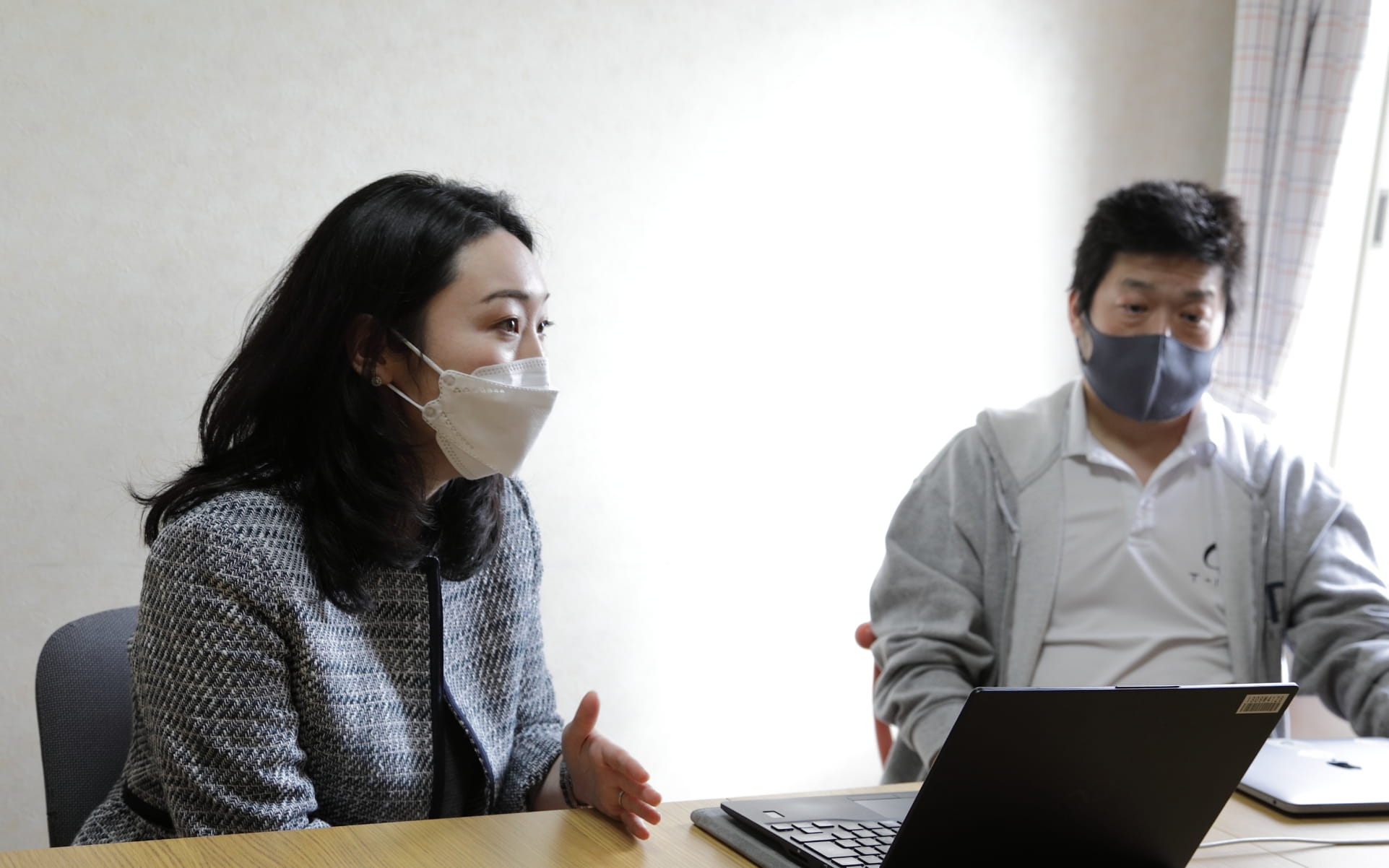
[left] JICA Aoba Niki [right] T-ICU Dai Ogura
Tomoyuki Nakanishi
Through this project, I found it interesting and exciting to learn about the issues of developing countries and to tackle them. We have gained more attention and credibility than we had imagined by being funded by BNV, which has a track record of providing hands-on support to medical startups, and by participating in the JICA project. From now on we need to communicate about this achievement widely.
Tsuyoshi Ito
Relatively few startups and VCs in Japan have been looking overseas, but there may be more cases where their products can be of great use for a certain issue in a certain country. Recently, an aggressiveness to expand the business both in domestic and in overseas has become more important, and it is also important to increase the number of entrepreneurs who do this as a matter of course.
Tomoyuki Nakanishi
Speaking of which, I heard from a university professor who is conducting AI research that more and more lab graduates are choosing startups as an option for employment. Little by little, the tide is changing.
Tsuyoshi Ito
I also think that we need to foster a culture in which public and private sector work together to solve social issues to solve social issues. In Japan, there is still not enough funding like in Silicon Valley and the mobility of human resources like Mr. Nakanishi and Mr. Konoike who are doctors and want to jump into startups is low. I think that efforts will be revitalized if there is more support for private VCs as well as startups.
Aoba Niki
It is clear that private investments are a key for more stable economies of developing countries which are tend to rely on the foreign aids. For the sustainable growth, it is important to start effective specialization between us, such as governmental institutions taking parts in high-risk or highly-public areas at the same time, private capitals investing the high-potential fields rest of it.
Tomoyuki Nakanishi
By teaming with JICA and BNV, who shared our philosophy of "Provide intensivist to all hospital. Anywhere, we care." we were able to enter a field of international cooperation that we would not have reached on our own. It will take a long time to cultivate a culture, but in fact, there is no doubt that the number of other doctors launching startups is increasing, and it is becoming trendy, so I would like to see people from various industries, not just the medical industry, take on the challenge of solving social issues.
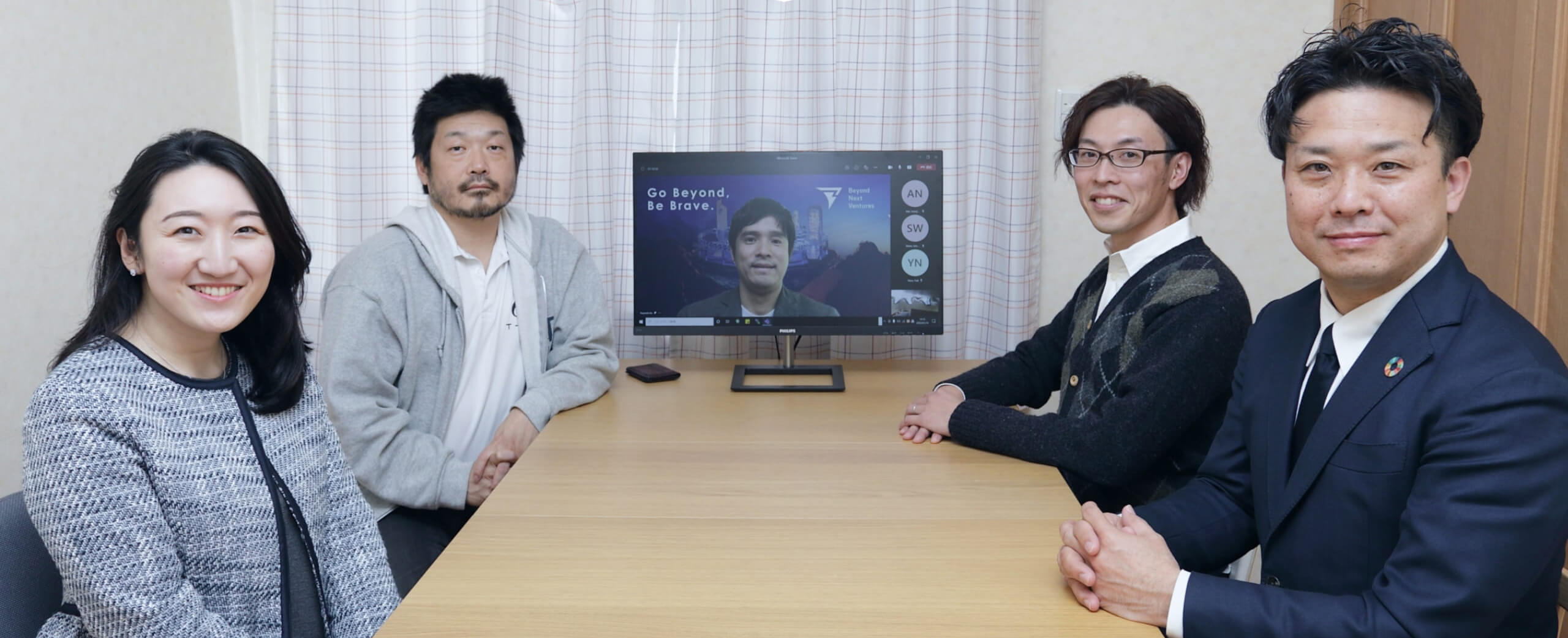
Co-creation Case Study/Interview List
- DXLab 1 Using AI to Detect Elephants Early and Promote Coexistence with Humans
- INTERVIEWS 4 Supporting Startups Aiming for Social Innovation in Developing Countries through Google's Accelerator Program
- INTERVIEWS 2 Challenge in Bhutan! Using Health Data to Promote People’s Health and Wellbeing
- CASE STUDIES 5 Satellite Data Used to Predict the Future of the Earth's Environment
- CASE STUDIES 4 Passion for Change! Poverty Reduction through a Unique Financial System
- CASE STUDIES 3 An Innovative Solution to the Global Water Crisis
- CASE STUDIES 2 From Kagawa, Saving Mothers and Children in Asia
- CASE STUDIES 1 A Revolution for a Billion People - Agri-tech Challenges in India
- INTERVIEWS 1 Roundtable: Telemedicine Startup × VC × JICA




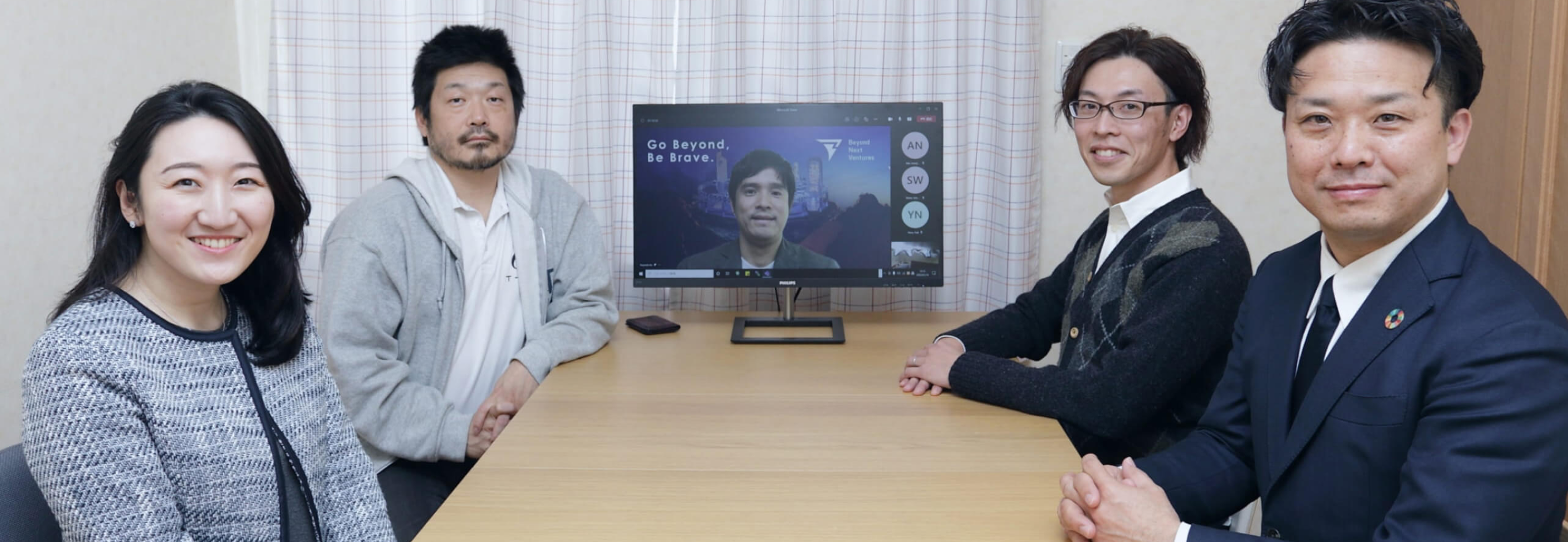

scroll